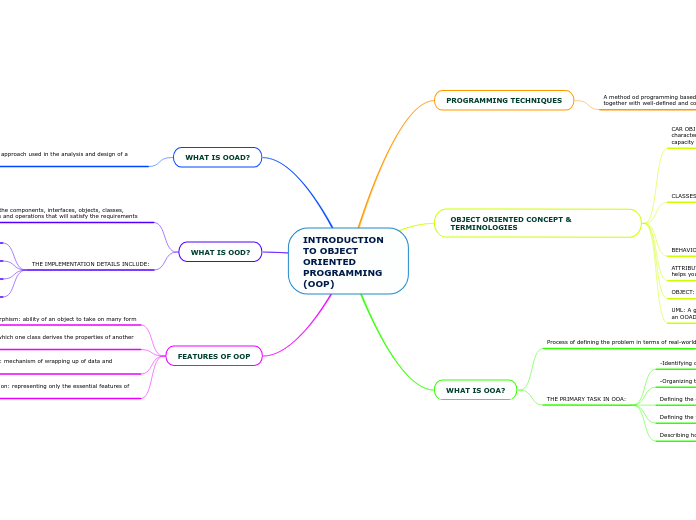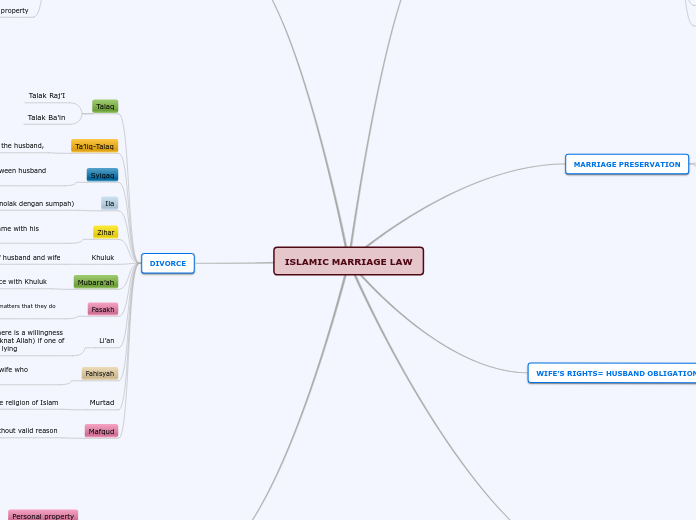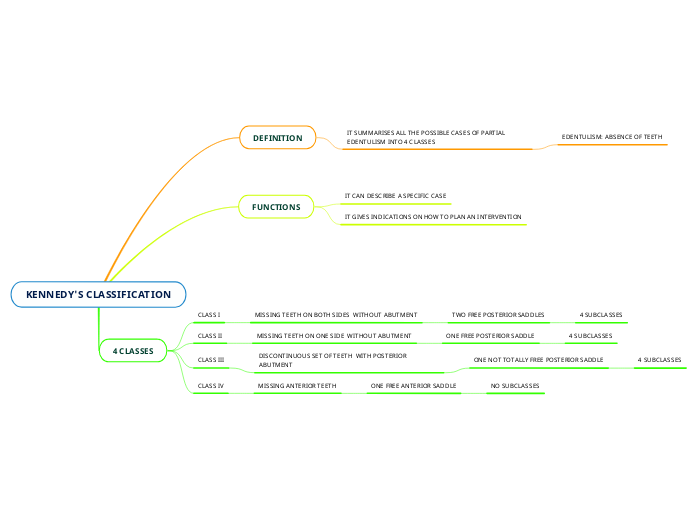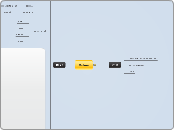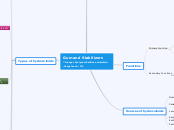by Louis Amlea 4 years ago
467
INTRODUCTION TO OBJECT ORIENTED PROGRAMMING (OOP)
Object-oriented programming (OOP) is based on a hierarchy of classes and cooperating objects. Key features include inheritance, where one class derives properties from another; data abstraction, representing essential data features; polymorphism, allowing objects to take multiple forms; and encapsulation, which wraps data and methods together.
